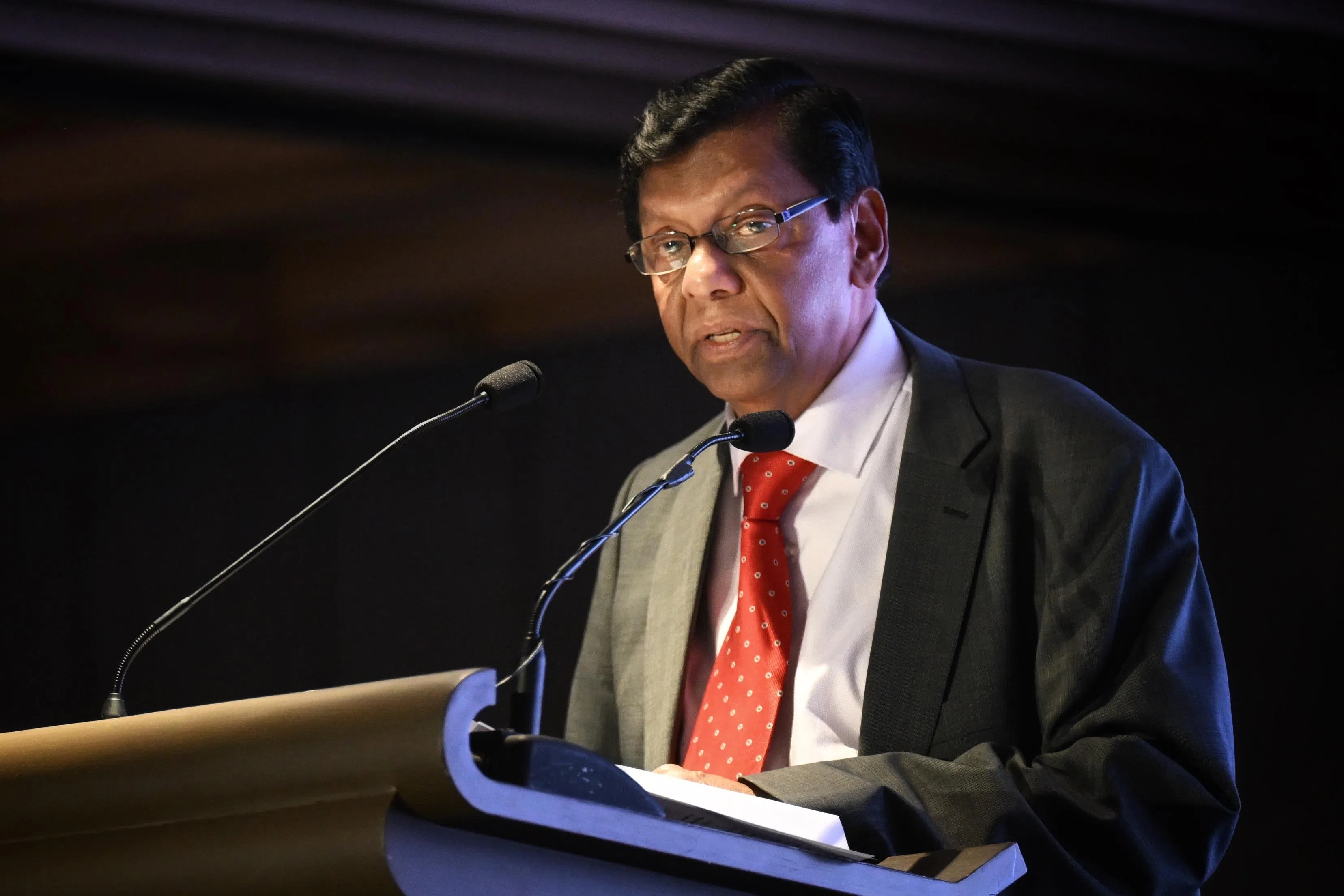The Securities Investors Association (Singapore), or Sias, will step up efforts to boost retail participation in local stocks in 2025 and build on what has been a bumper year for investors.
The initiative involves taking its Invest Singapore programme to the heartlands to encourage more people to look at the market here, while helping them embark on their investment journey.
Many people avoid stocks and bonds due to lack of knowledge or previous losses, opting for savings accounts which do not account for inflation, noted David Gerald, president and chief executive of Sias, an investor group with around 12,000 members.
He hopes that these new investors “come on board with Sias, which will guide and advise them on how best to construct portfolios that match their risk profiles and investment objectives”.
Gerald noted that the Singapore share market exceeded expectations in 2024, largely driven by strong performances from banks, Singtel and property-related stocks.
The Straits Times Index has been the best performer in the region, delivering a 30 per cent return so far in 2024, despite many retail investors here shunning local stocks in favour of more exciting markets such as Wall Street.
BT in your inbox
Start and end each day with the latest news stories and analyses delivered straight to your inbox.
While the overall Singapore market did well in 2024, initial public offerings did not. Only four relatively small companies listed on the Catalist board, raising a total of S$46 million. Their combined market value was S$367 million at listing.
It did not help market confidence when the largest of the four – Singapore Institute of Advanced Medicine, which listed in February – had its going-concern status flagged as doubtful by its external auditors nine months after listing.
Gerald hopes to see more high-quality listings, including larger firms with proven track records, to attract greater institutional interest and liquidity.
He also wants companies to consider secondary listings or the Singapore Depository Receipts framework. The latter allows investors to buy shares of foreign companies on the Singapore Exchange (SGX) without needing to deal with overseas markets directly.
Wilson Ng, equity analyst at Morgan Stanley, noted that while Singapore has done well in areas such as banking, wealth management, commodity and foreign exchange trading, private equity and credit, it is missing a vibrant stock market, ranking 23rd among markets globally in terms of market value.
But new initiatives to revitalise the market are expected to be unveiled in phases in 2025.
“We believe new measures will focus on improving stock trading liquidity likely through an injection of capital (possibly from the national pension scheme, Central Provident Fund), and valuation multiples could rise as much as around 20 per cent to narrow the gap to global peers,” said Ng.
He added that the low trading liquidity of Singapore stocks has over the years led to a vicious circle of lower institutional investor interest, lower stock valuations, delistings outpacing new listings, and lower institutional investor interest and worsening liquidity.
The decline in revenue for equity businesses at SGX has weakened the ability of firms to provide services such as research and trading support, Ng noted.
Gerald said that while Singapore companies have scored well overall in corporate governance, areas including board responsibility, disclosure and transparency remained weak.
Only one-third of company boards conducted annual appraisals of their CEOs or even published details of how such appraisals are performed, he added.
Board appraisals often lack external evaluation, with most companies adopting an “ownself checking ownself” approach, casting doubt on the validity of these exercises.
Another key concern for Sias is the prevalence of “lowball” offers in privatisation attempts. Minority shareholders are often pressured to accept these offers out of fear of owning shares in a suspended or unlisted company.
Sias believes that if more retail investors recognise and reject lowball offers, it would force offerors to either abandon their attempts or revise prices upwards.
It also warns Singaporeans to be vigilant about scams that promise unusually high returns with low risk. Investors must check the authenticity of offers before investing to avoid losing their savings.
“If the offer is too good to be true, then it probably is,” Gerald said. THE STRAITS TIMES






